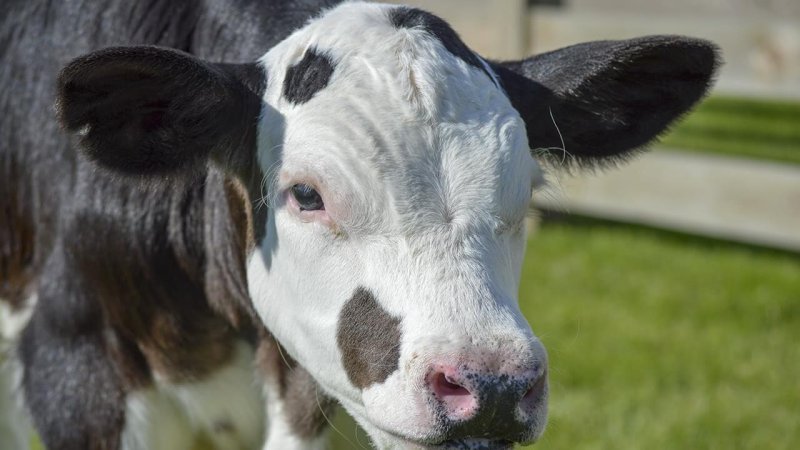A bevy of remedies may be needed to ensure American farm productivity keeps growing at the clip it has for more than a half century, according to experts in crop and livestock production and research….
…
All of the panelists argued for a more practical regulatory process, which reviews content of new products, instead of the processes used to breed crops and farm animals.
“Scientists have been screaming for 20 years . . . for regulations to be risk- and product-based rather than determined by the methods used to produce the product” said Alison Van Eenennaam, animal geneticist and biotechnologist at the University of California, Davis. She and Nina Fedoroff, veteran biotechnologist and senior science adviser for OFW Law in Washington, argued for the U.S. to take a product-focused approach as soon as possible and try to lead world food regulation in that direction.
…
“There isn’t a voice trusted as much as the USDA, but they’re not doing a good job” at assuring food consumers about healthful qualities and safety of food products, [Fedoroff] says. Positive and full descriptions could counter misinformed consumer views, for example, about genetically modified food products, and “that anything GM is bad,” she says.
Read full, original post: Experts describe struggles ahead to boost US farm productivity































